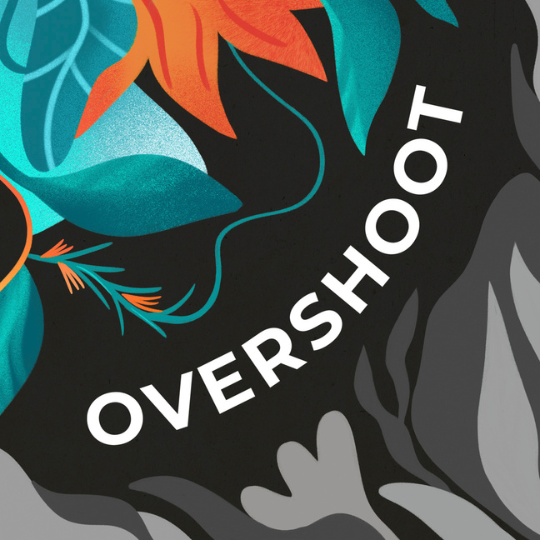
OUR PODCAST
Listen on your favorite app
OVERSHOOT | Shrink Toward Abundance
OVERSHOOT tackles today’s interlocked social and ecological crises driven by humanity’s excessive population and consumption. The podcast explores needed narrative, behavioral, and system shifts for recreating human life in balance with all life on Earth. With expert guests from wide-ranging disciplines, we examine the forces underlying overshoot: from patriarchal pronatalism that is fueling overpopulation, to growth-biased economic systems that lead to consumerism and social injustice, to the dominant worldview of human supremacy that subjugates animals and nature. Our vision of shrinking toward abundance inspires us to seek pathways of transformation that go beyond technological fixes toward a new humanity that honors our interconnectedness with all beings. Hosted by Nandita Bajaj and Alan Ware. Ranking in the top 1.5% of all podcasts globally, we draw over 20,000 listeners from across 80 countries.
Read our Listener Feedback. | Support this podcast. | Subscribe to our newsletter.
New to our podcast?
There are over 80 episodes of OVERSHOOT. If you are new to the podcast and looking for a good place to start, we recommend you listen to these episodes first.
Latest Episodes
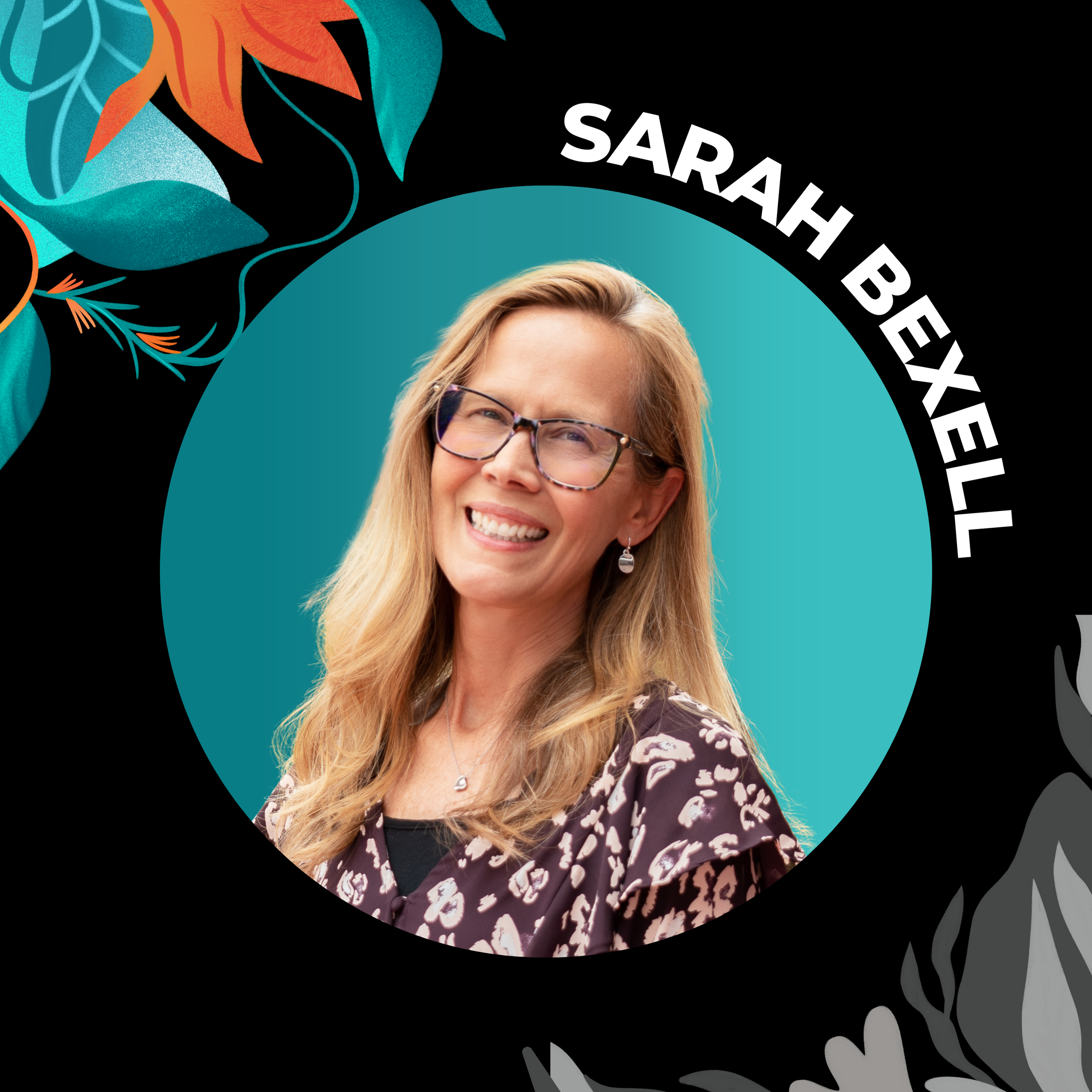
From Grief to Regeneration
We have it in us to create a more beautiful, regenerative future that allows both humans and nonhumans to flourish. Dr. Sarah Bexell, professor of social work and co-founder of the Center for a Regenerative Future at the University of Denver, joins us.
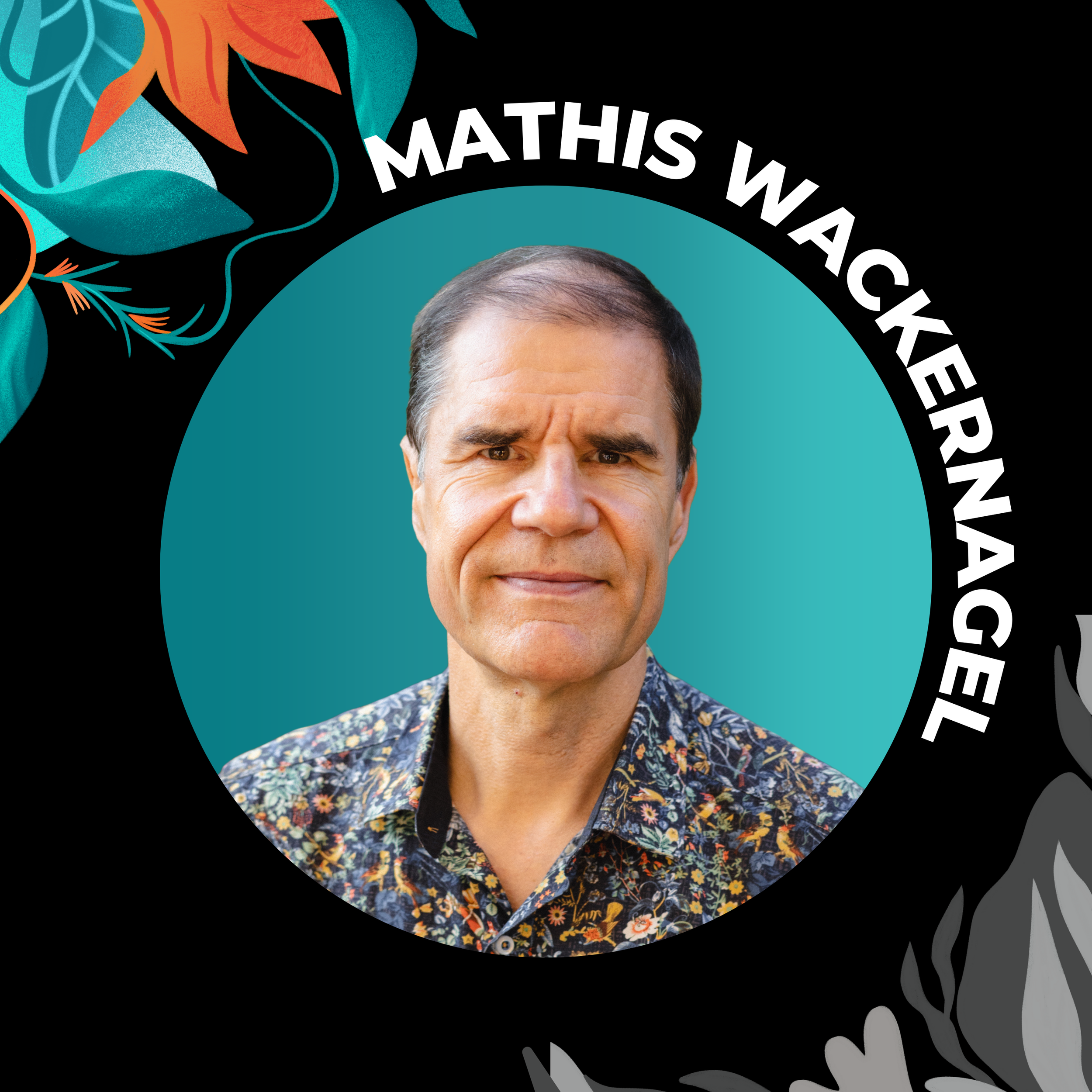
The Biggest Risk to Humanity
Ecological overshoot is the second largest risk to humanity. Not reacting to it is the biggest. Mathis Wackernagel, co-creator of the ecological footprint and co-founder of the Global Footprint Network, joins us.
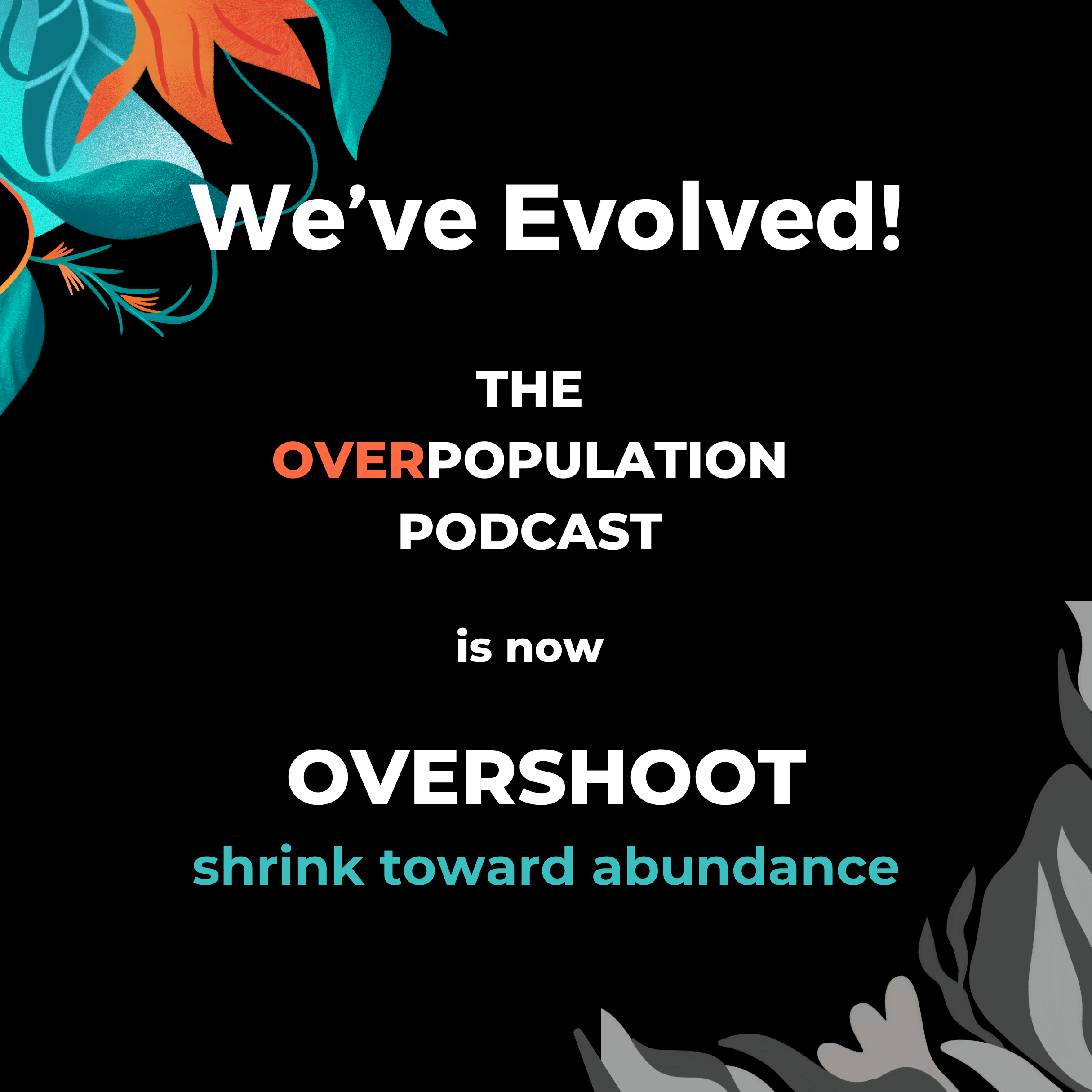
Podcast name change | We are now OVERSHOOT
Our podcast has a new name: OVERSHOOT. Overshoot has increasingly been the underlying target of our podcast, and it’s driven by more than excessive human numbers. Although overpopulation will remain a central theme, it is time that the podcast name reflects the full scope of our concerns. We will continue to bring you the same caliber of guests and range of topics as always—with the drivers of overshoot, and pathways out of this predicament, the common unifying theme.
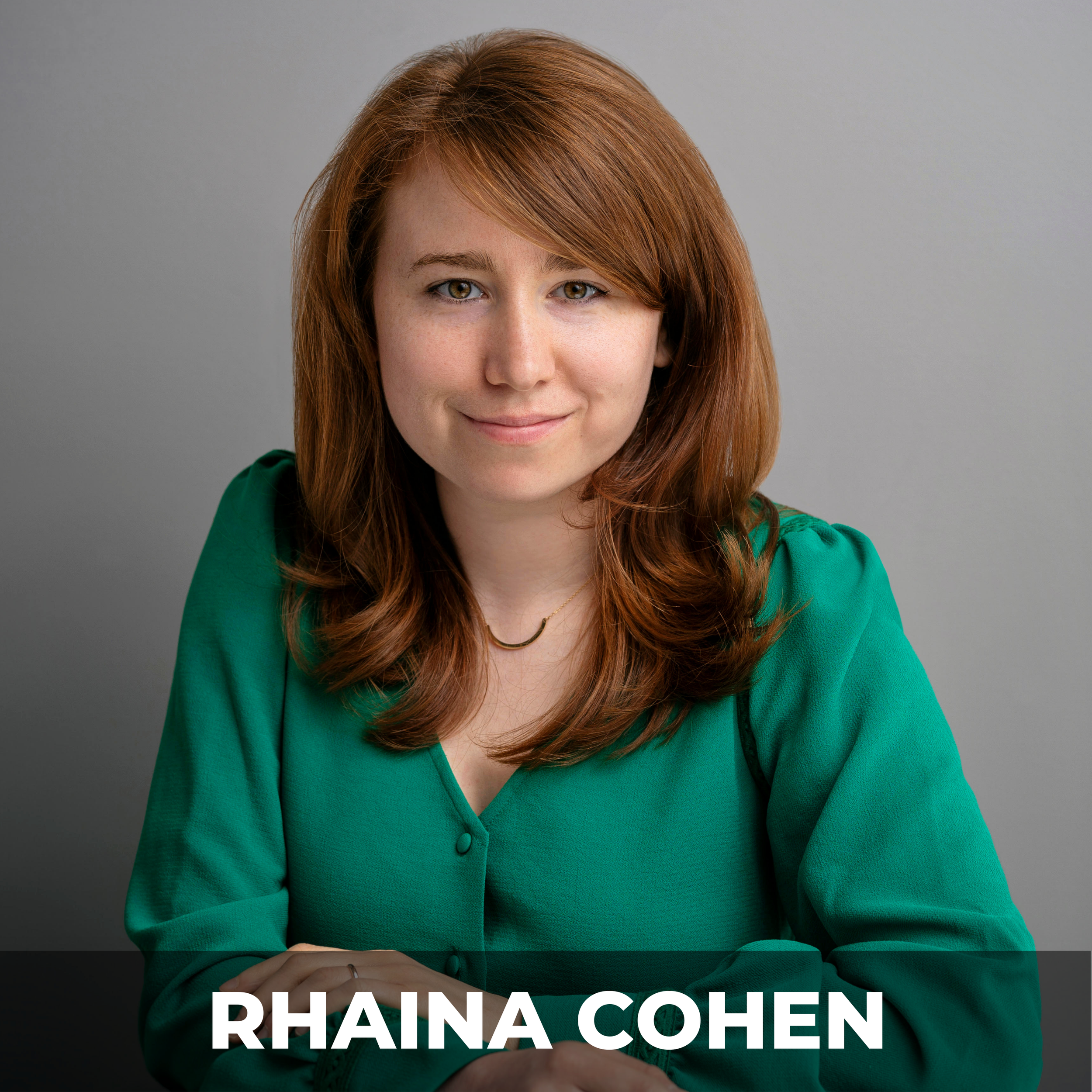
The Other Significant Others | Reimagining Life with Friendship at the Center
Friendship is not a “nice-to-have” but a core, potentially transformative human connection. Rhaina Cohen, author of The Other Significant Others: Reimagining Life With Friendship at the Center, joins us.
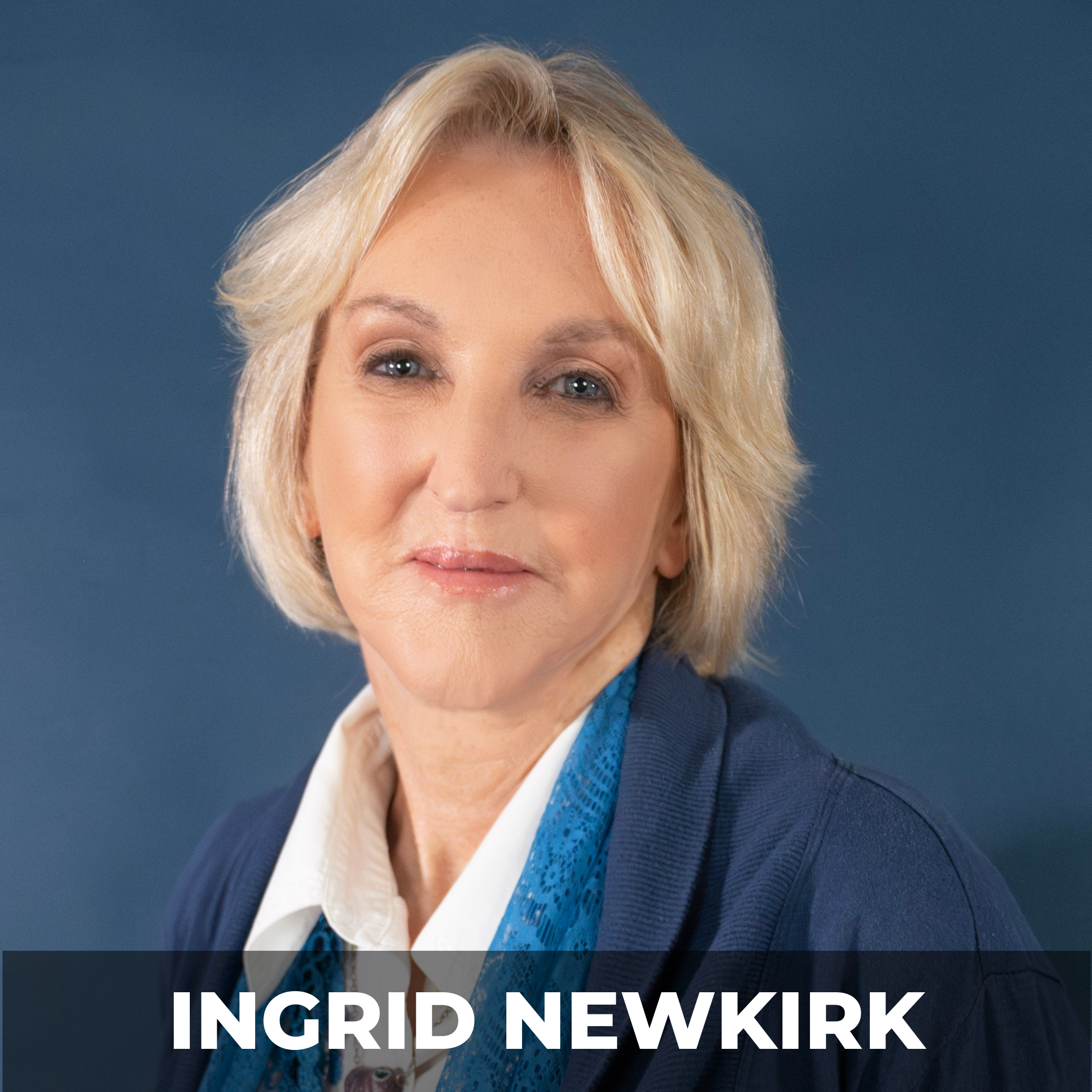
PETA: Leading the Fight for Animal Liberation
Animals are not ours to eat, wear, experiment on, or use for entertainment. For International Animal Rights Day, we are joined by Ingrid Newkirk, co-founder and President of PETA, the world’s largest animal rights organization.
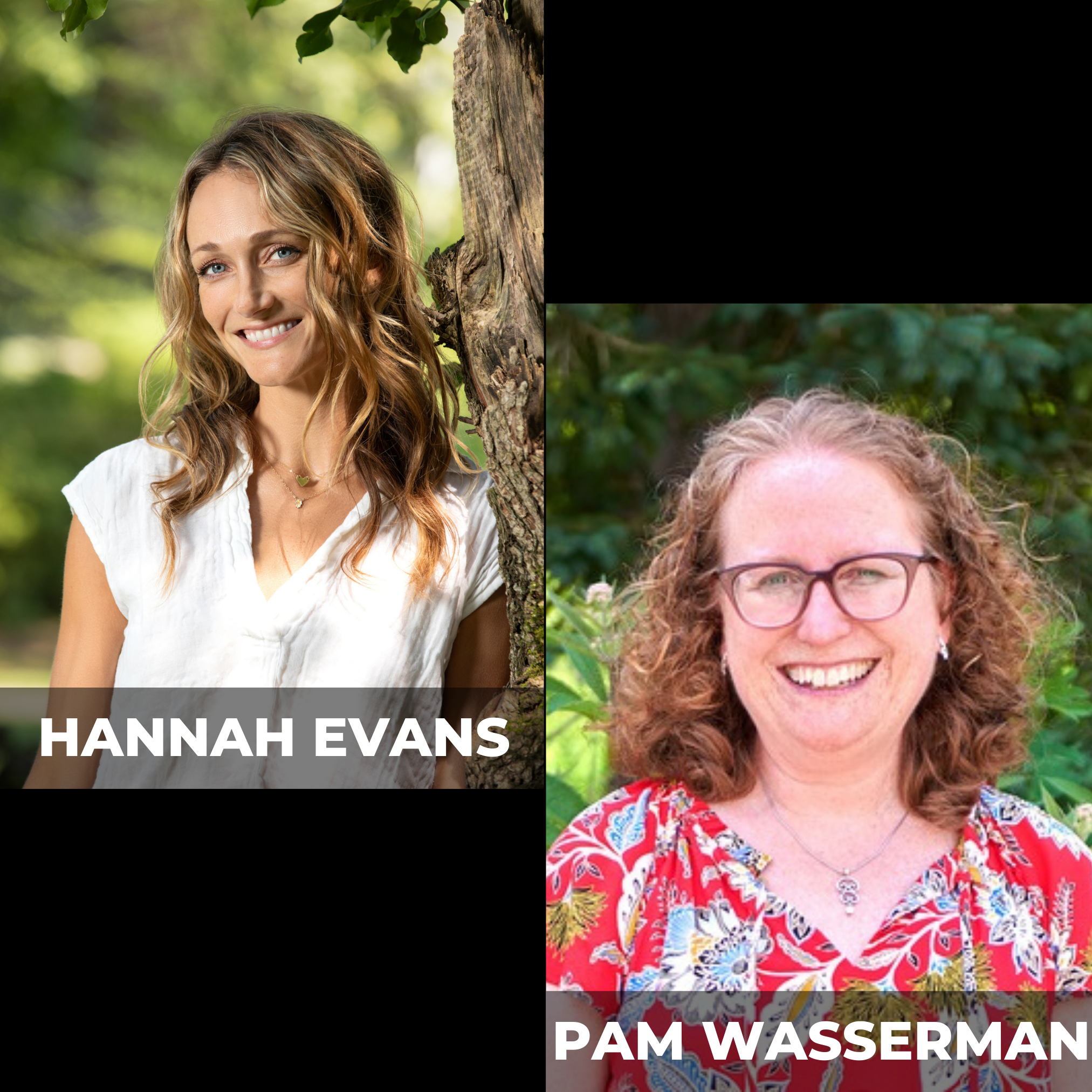
Progressive Pathways for a Smaller Population
Population dynamics are deeply connected to environmental sustainability and social justice. That's the message of Pam Wasserman and Hannah Evans from Population Connection - the oldest grassroots population organization in the U.S.
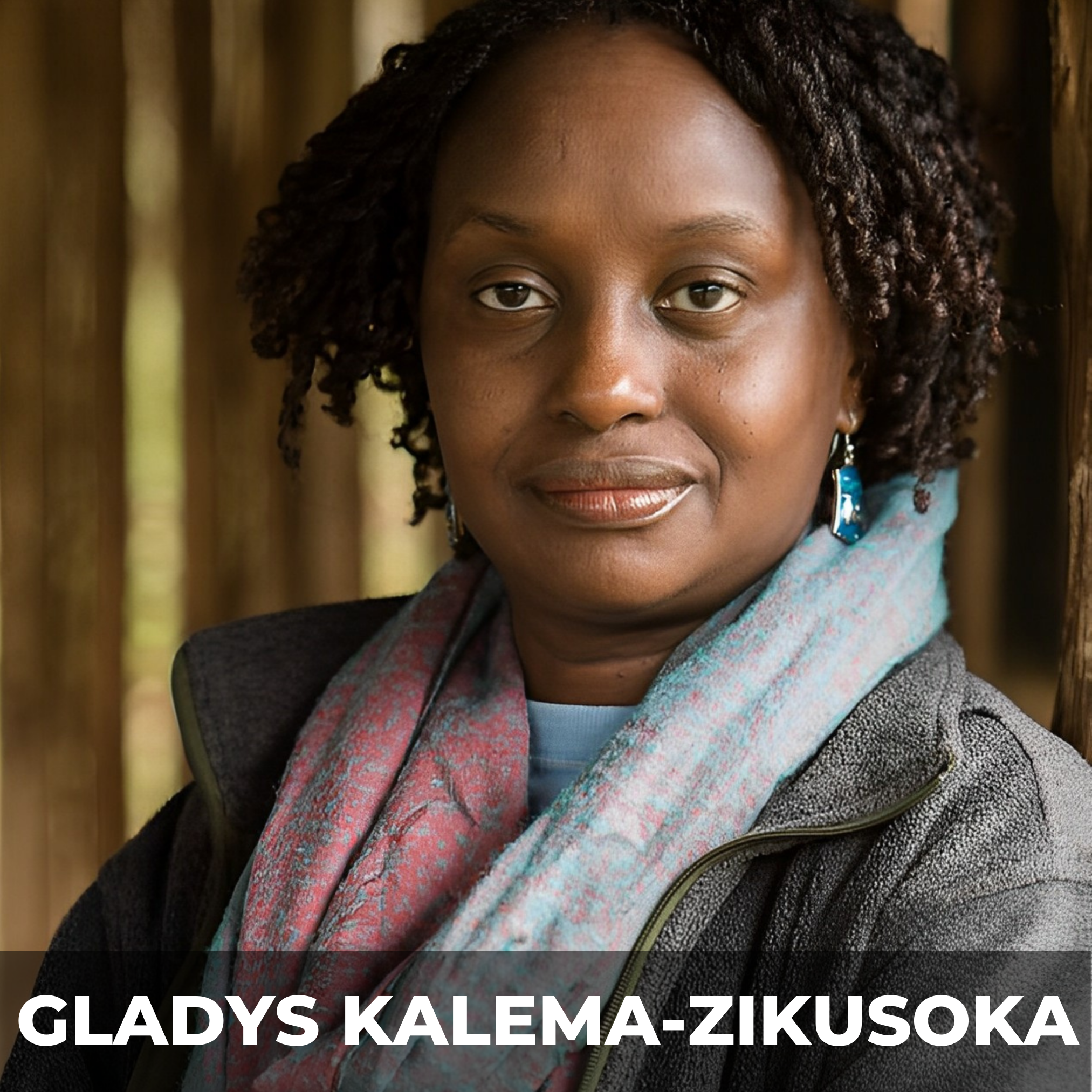
Gorilla Conservation, Coffee, and Family Planning
Healthy and thriving animal communities depend on healthy and thriving human communities. That’s the message from this week’s guest, Dr. Gladys Kalema-Zikusoka, Uganda’s first wildlife veterinarian and founder of Conservation Through Public Health.
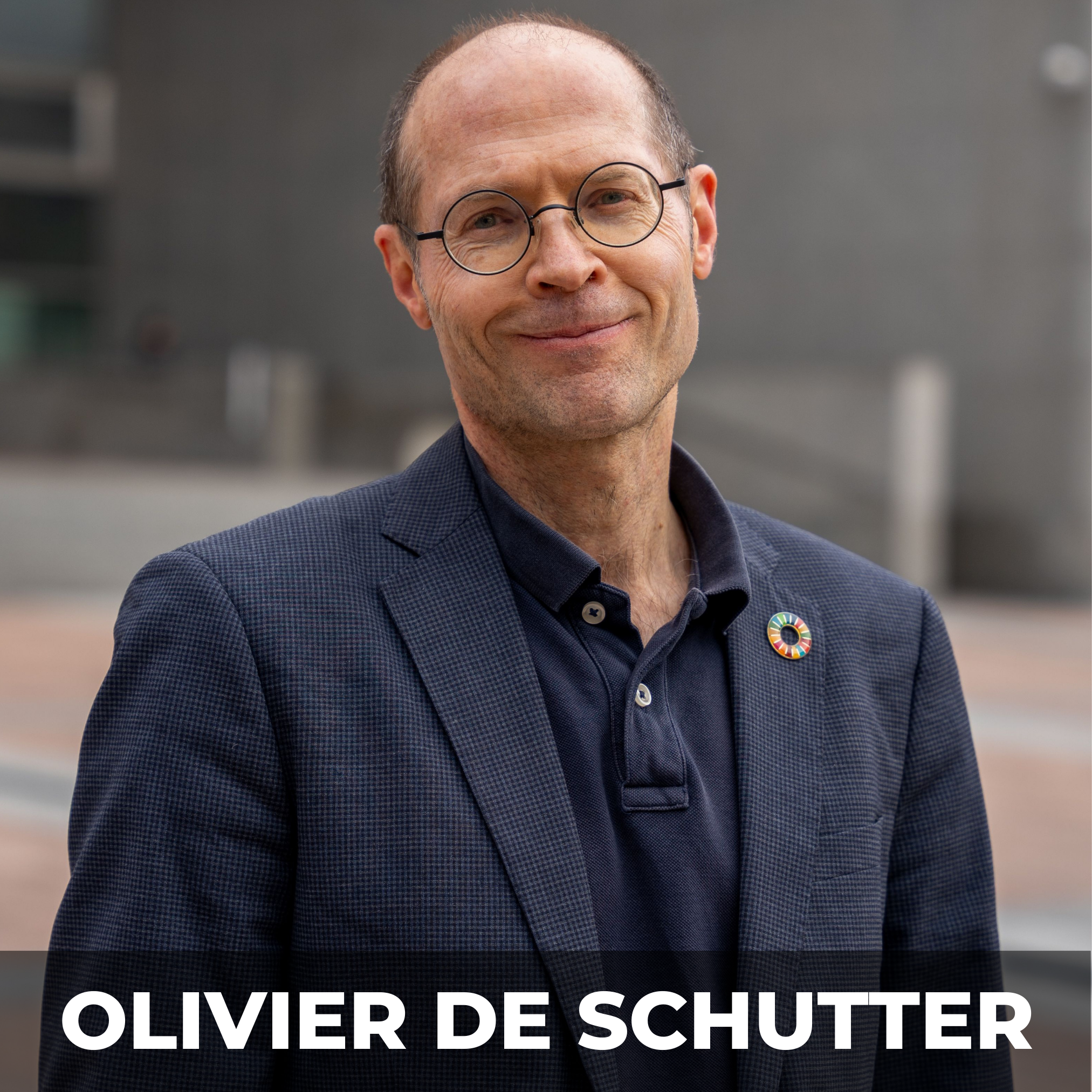
The Poverty of Growth
Obsession with growth is enriching elites and killing the planet. That’s the message of this week’s guest, Olivier De Schutter, UN Special Rapporteur on extreme poverty and human rights and author of The Poverty of Growth.
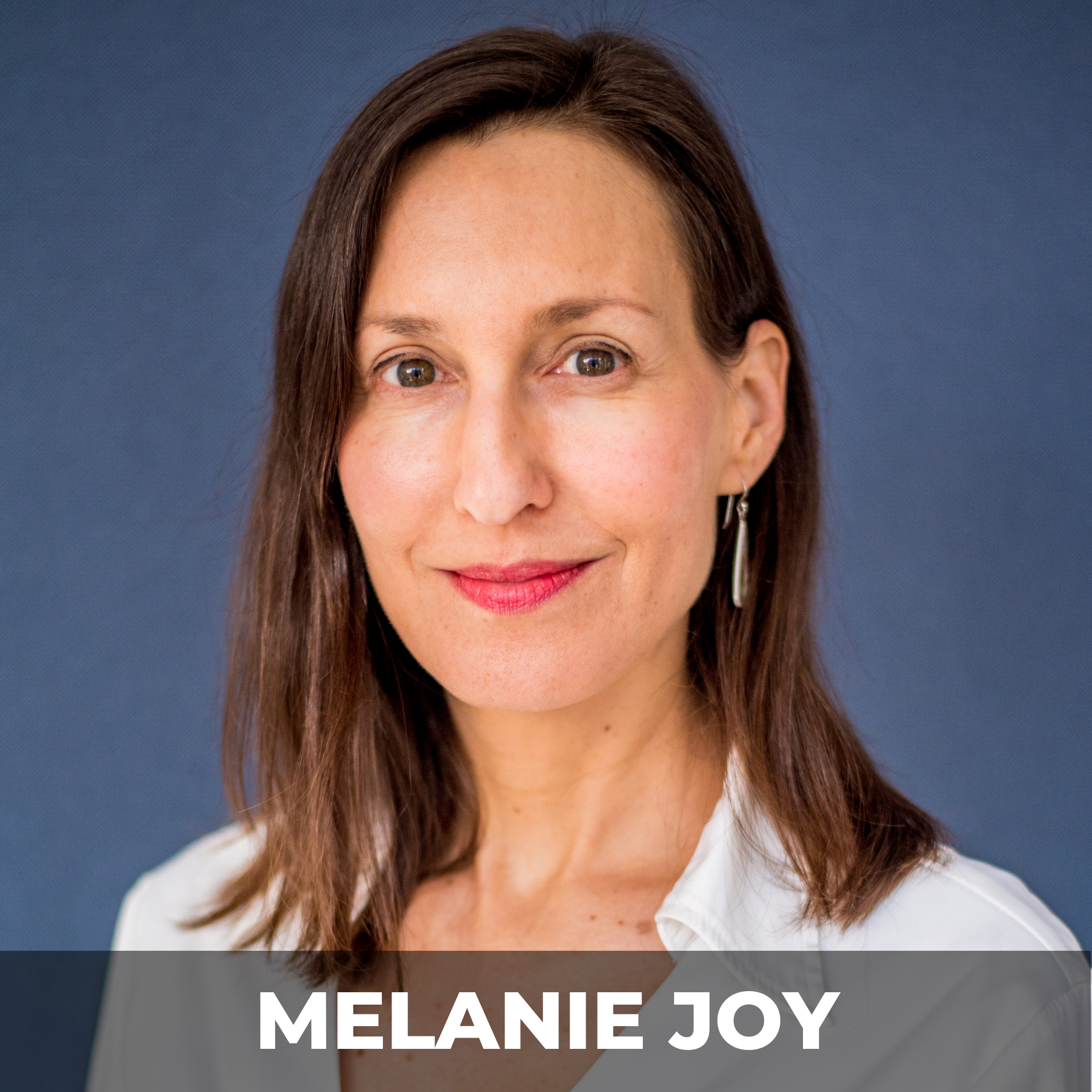
We Can Fight Each Other or We Can End Injustice
Social psychologist, Dr. Melanie Joy shares her groundbreaking concept of “carnism," offers insights into how hidden ideologies shape behavior, and how building relational literacy can foster healthier relationships across social movements.
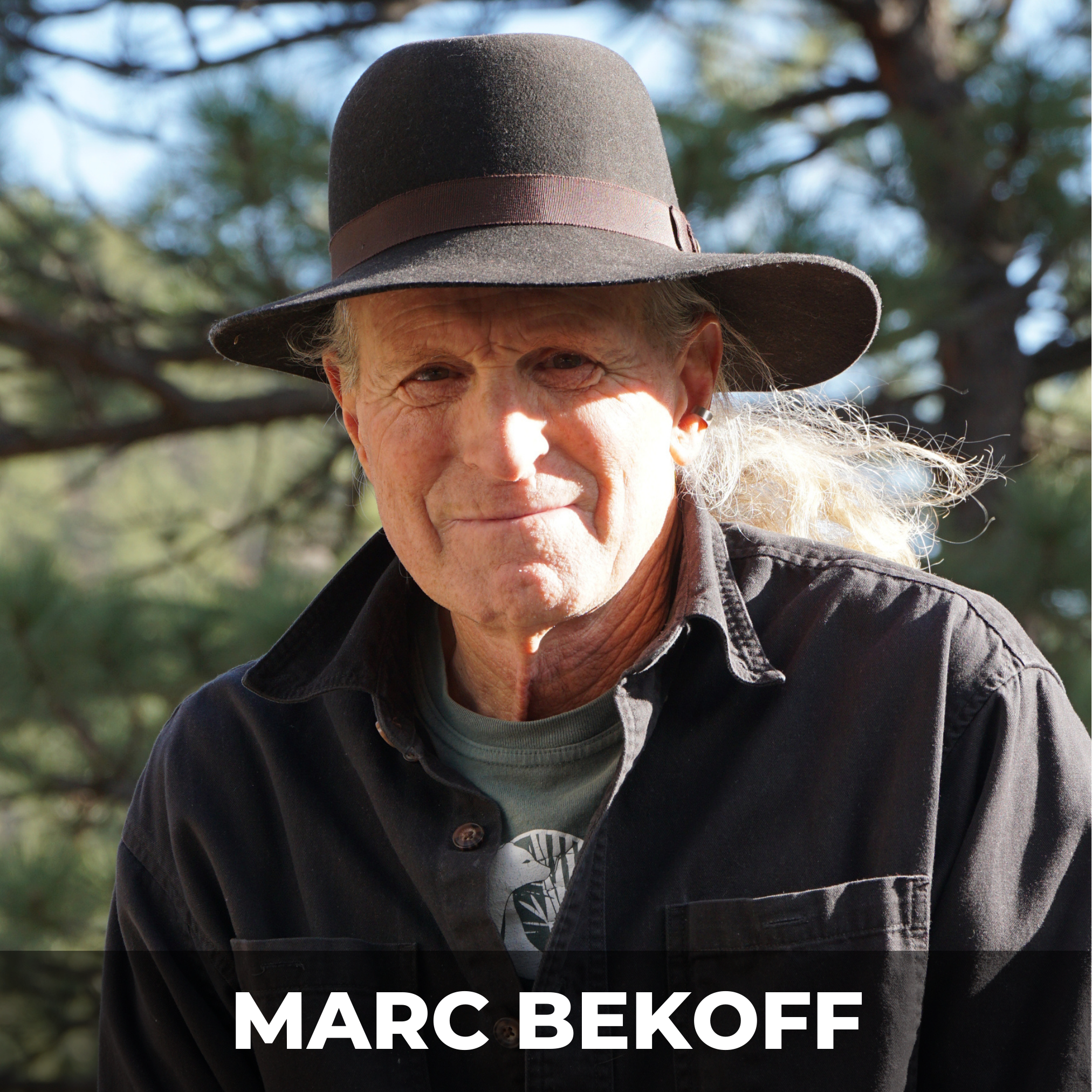
Understanding the Emotional Lives of Animals
Animal behavior expert and a pioneer in the field of cognitive ethology, Dr. Marc Bekoff shares his insights on animal emotions, the interconnectedness of animal rights and environmental sustainability, and how we can better understand and care for the creatures we share the planet with.
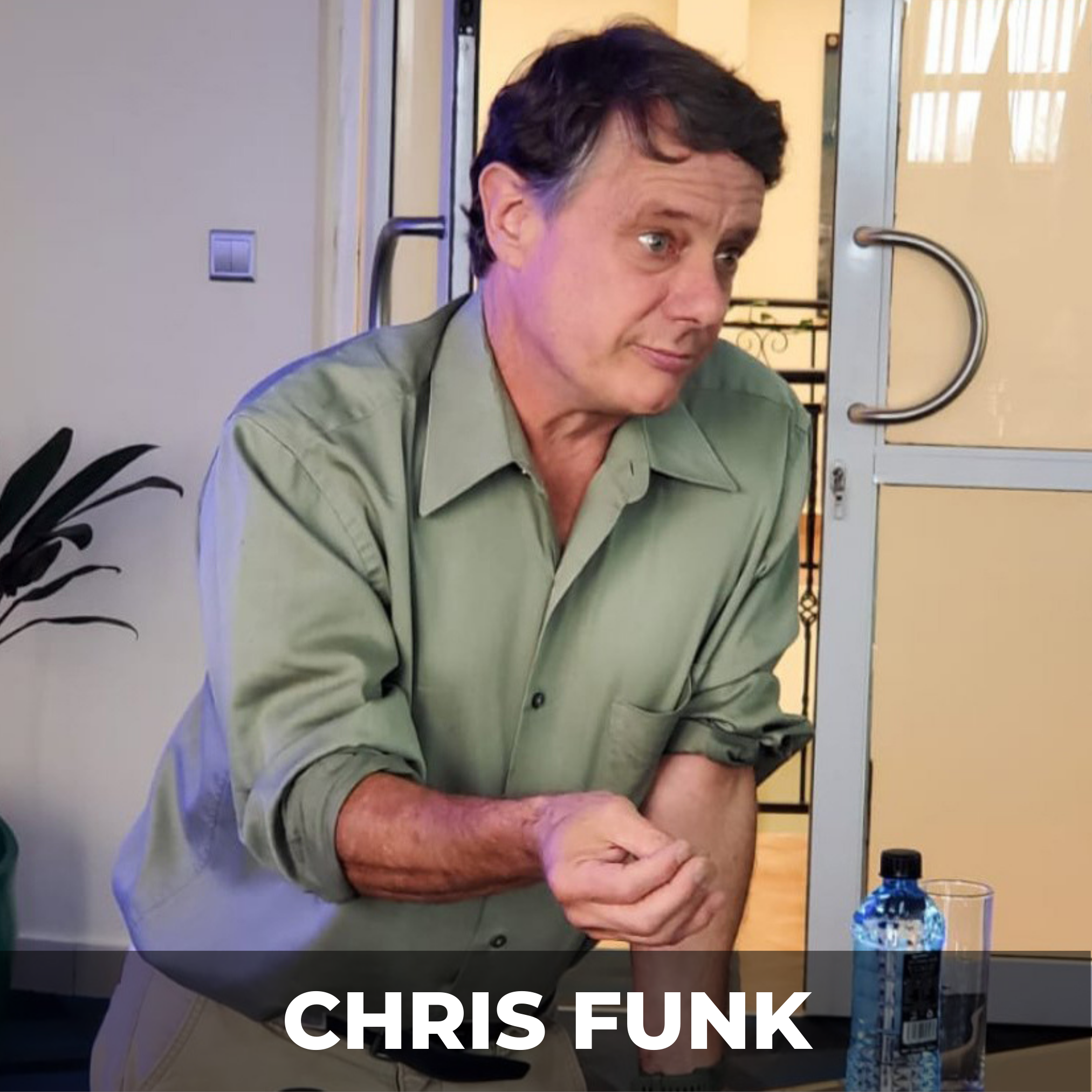
Being Better Together | Using Early Warning to Reduce Exposure to Climate Extremes
Climatologist and director of the Climate Hazards Center, Dr. Chris Funk talks about the links between population growth and vulnerability to extreme weather events, and how working together with local communities to employ early warning systems can reduce suffering and save lives.
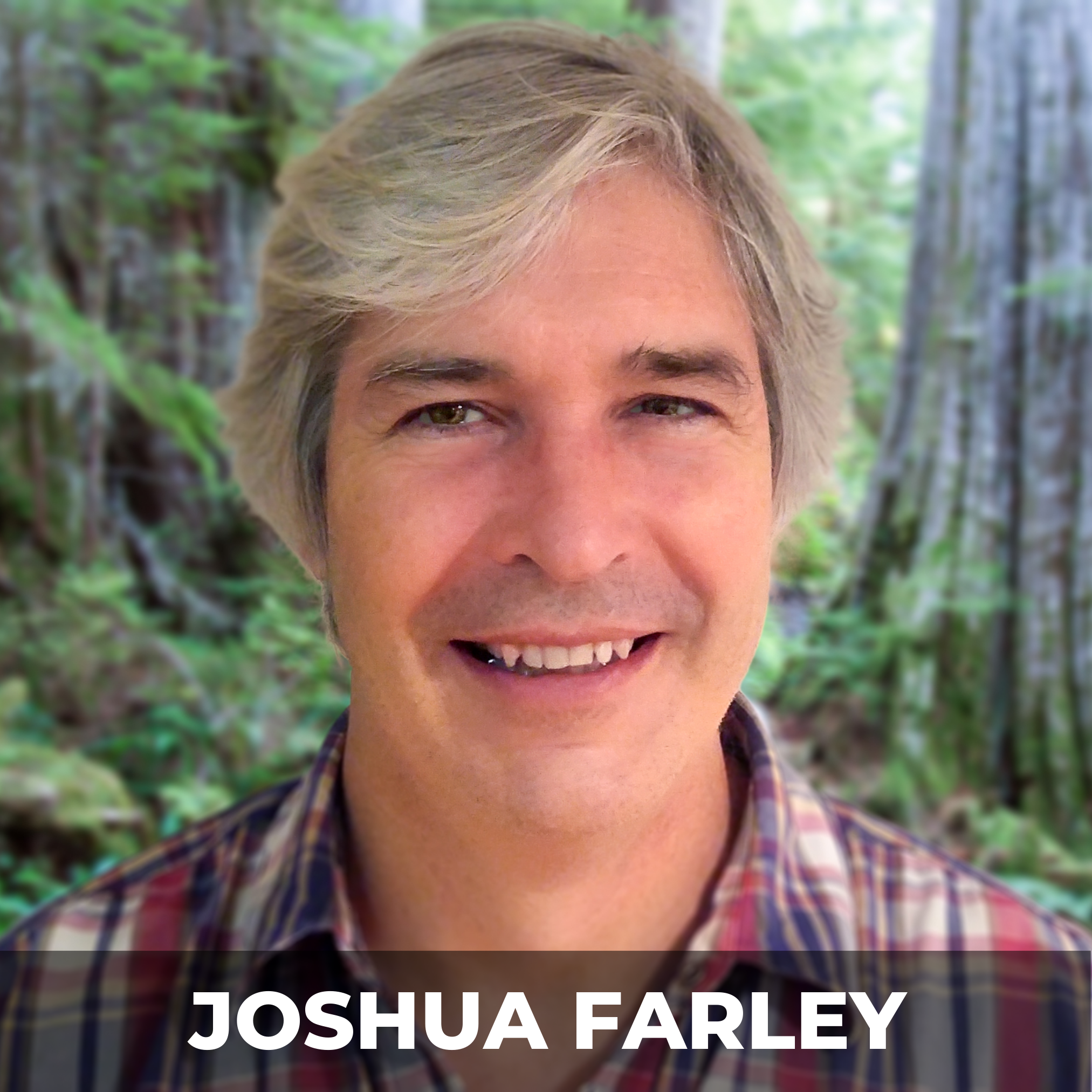
Challenging Growthism | Reclaiming our Humanity from the Destructive Grip of Mainstream Economics
Ecological economist Dr. Joshua Farley discusses the urgent need to realign our economic systems with ecological and social justice imperatives by reclaiming our humanity from the destructive grip of mainstream economics.
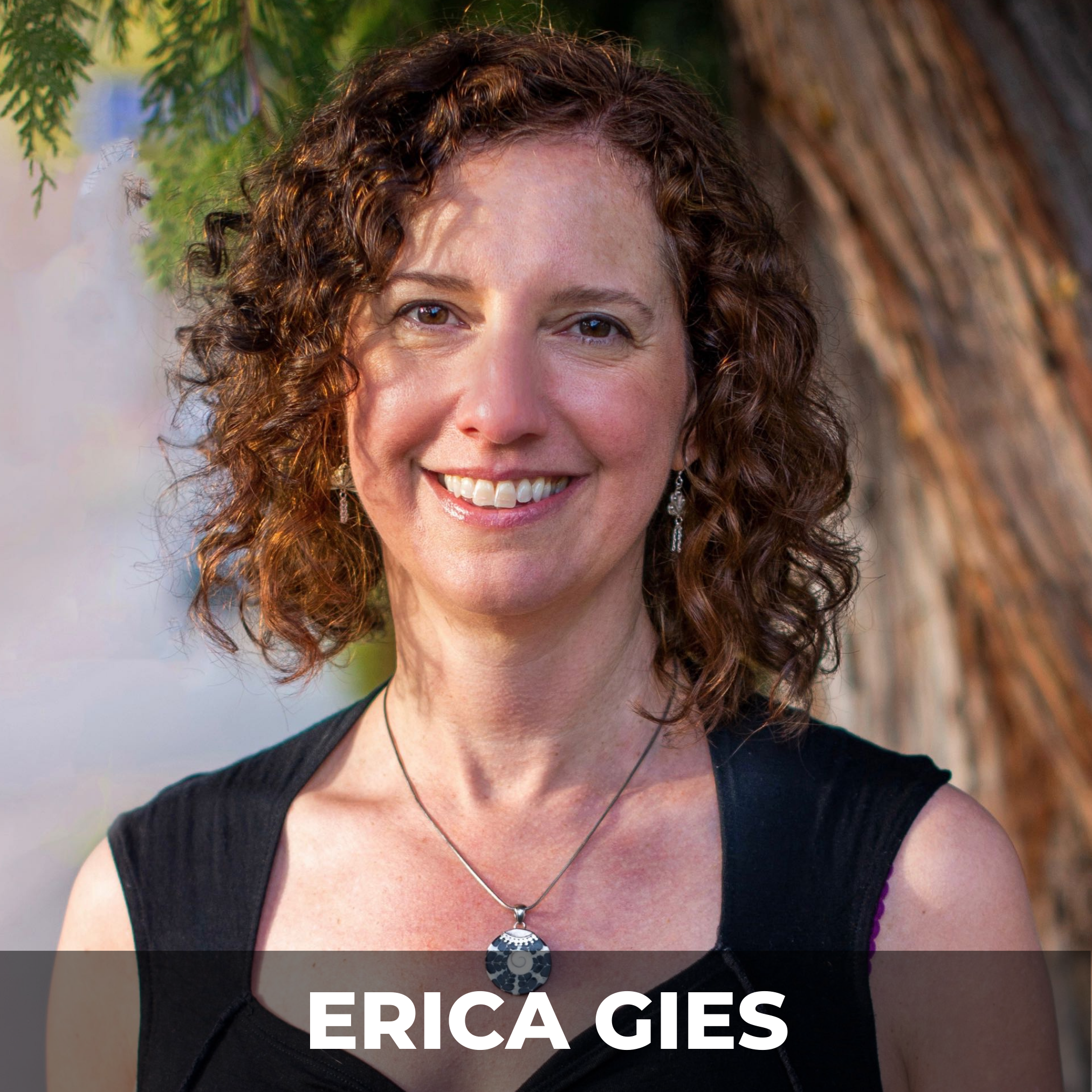
What Does Water Want? | Restoring Earth by Realigning with Water’s Rhythms
Erica Gies, award-winning journalist and author of Water Always Wins: Thriving in an Age of Drought and Deluge, chats with us about the complex relationships between water, nature, and human societies, emphasizing the need to embrace 'slow water'—respecting the natural rhythms of water’s cycles for the benefit of both human and nonhuman life.

New Podcast Announcement: "Beyond pronatalism | Finding fulfillment, with or without kids"
We’re excited to share that we’ve launched a second podcast, Beyond Pronatalism: Finding Fulfillment, With or Without Kids. Host Nandita Bajaj interviews women and men from diverse backgrounds who are courageously and creatively navigating pronatalism - the powerful pressures to have children - and forging unconventional pathways to fulfillment.
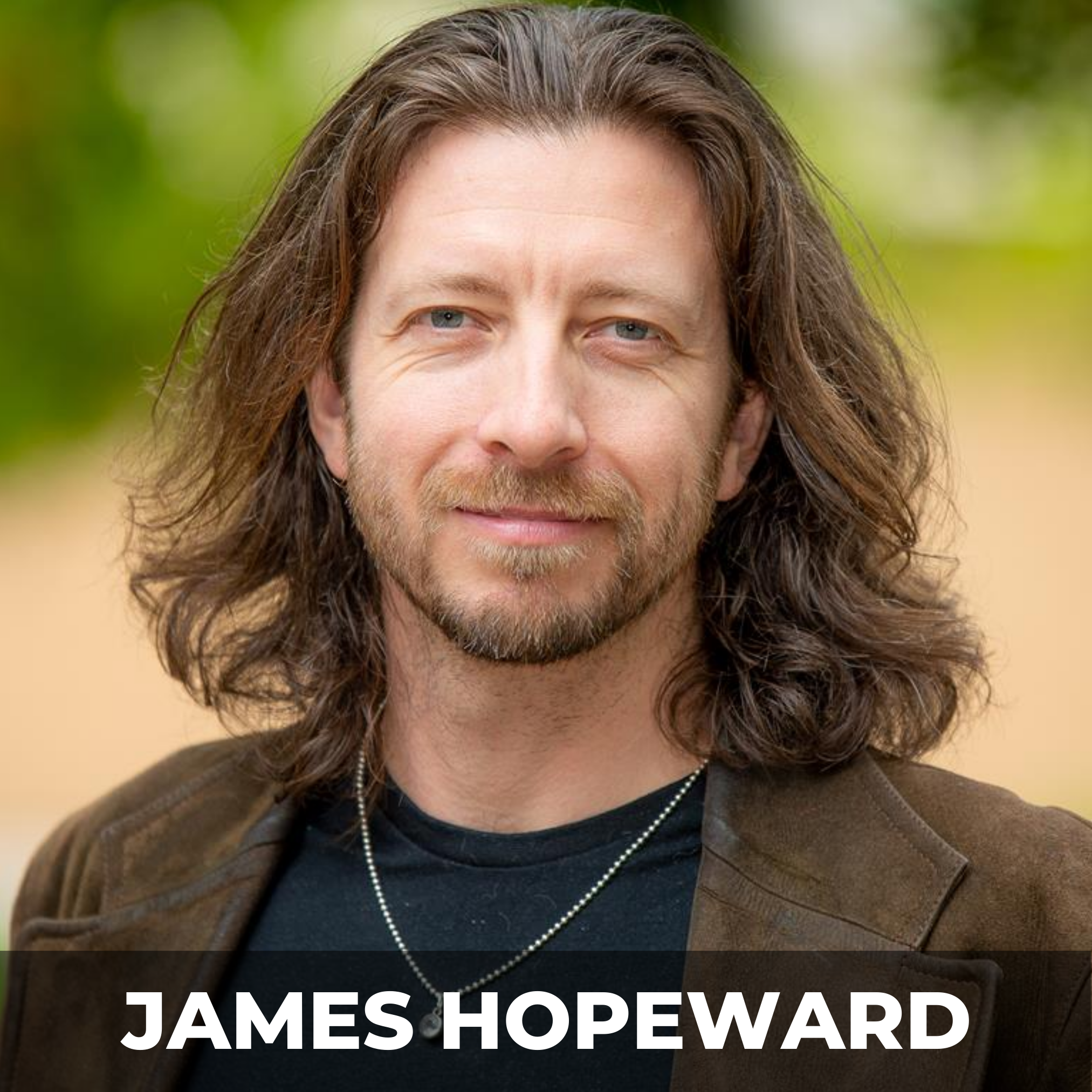
The Delusion of Decoupling Economic Growth from Environmental Impact
Dr. James Hopeward, an environmental civil engineering professor at the University of South Australia, highlights the limitations of conventional economic growth models and their environmental impacts, emphasizing the need for more holistic and ecologically grounded engineering practices (and cultural beliefs).
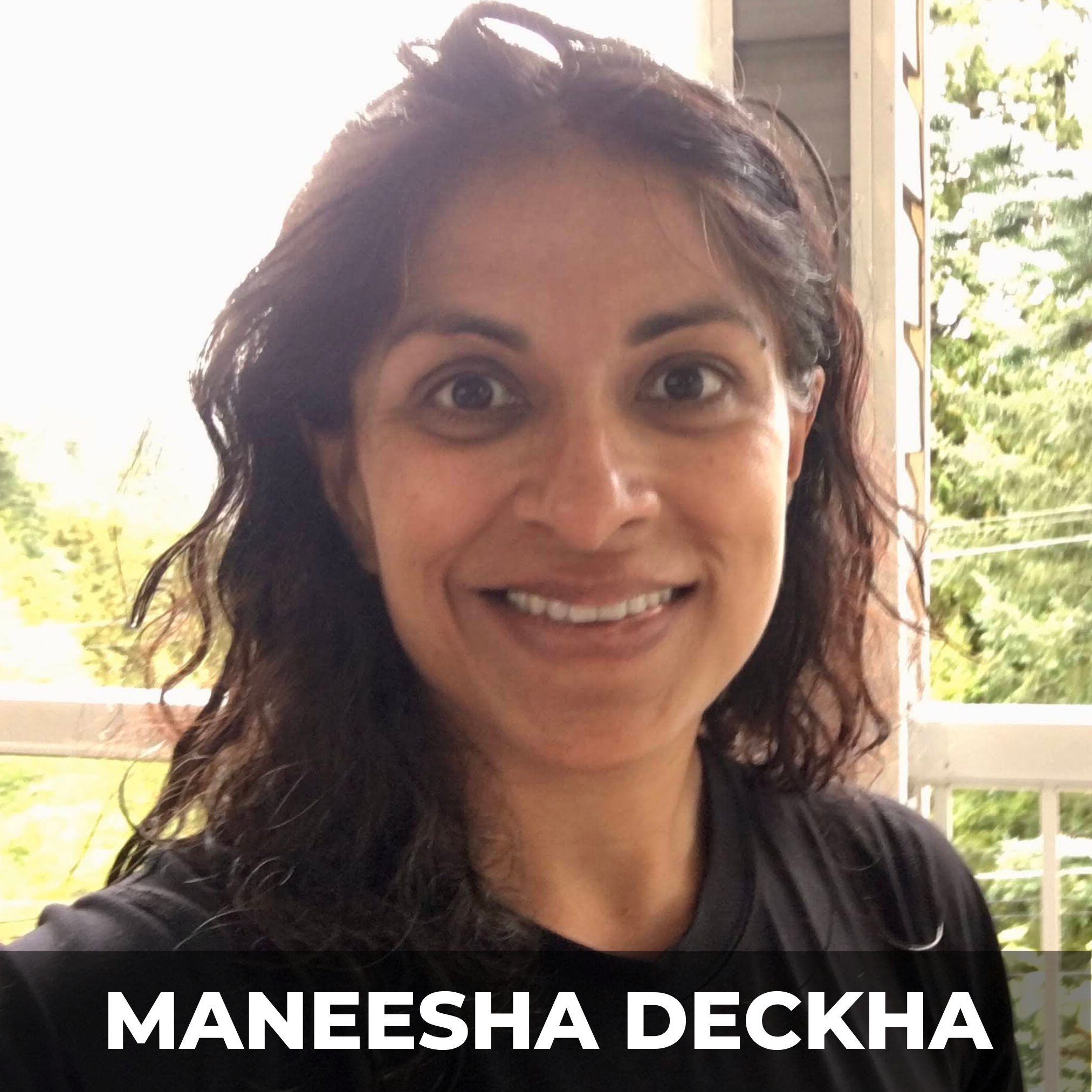
Neither Property nor Persons | A Case for Animals as Legal “Beings”
Legal scholar Maneesha Deckha argues for a new legal category of “beingness” for animals that transcends the inadequate legal categories of “persons” or “property,” while also highlighting why a critique of human exceptionalism is essential to advancing the goals of anti-racism and decolonization.
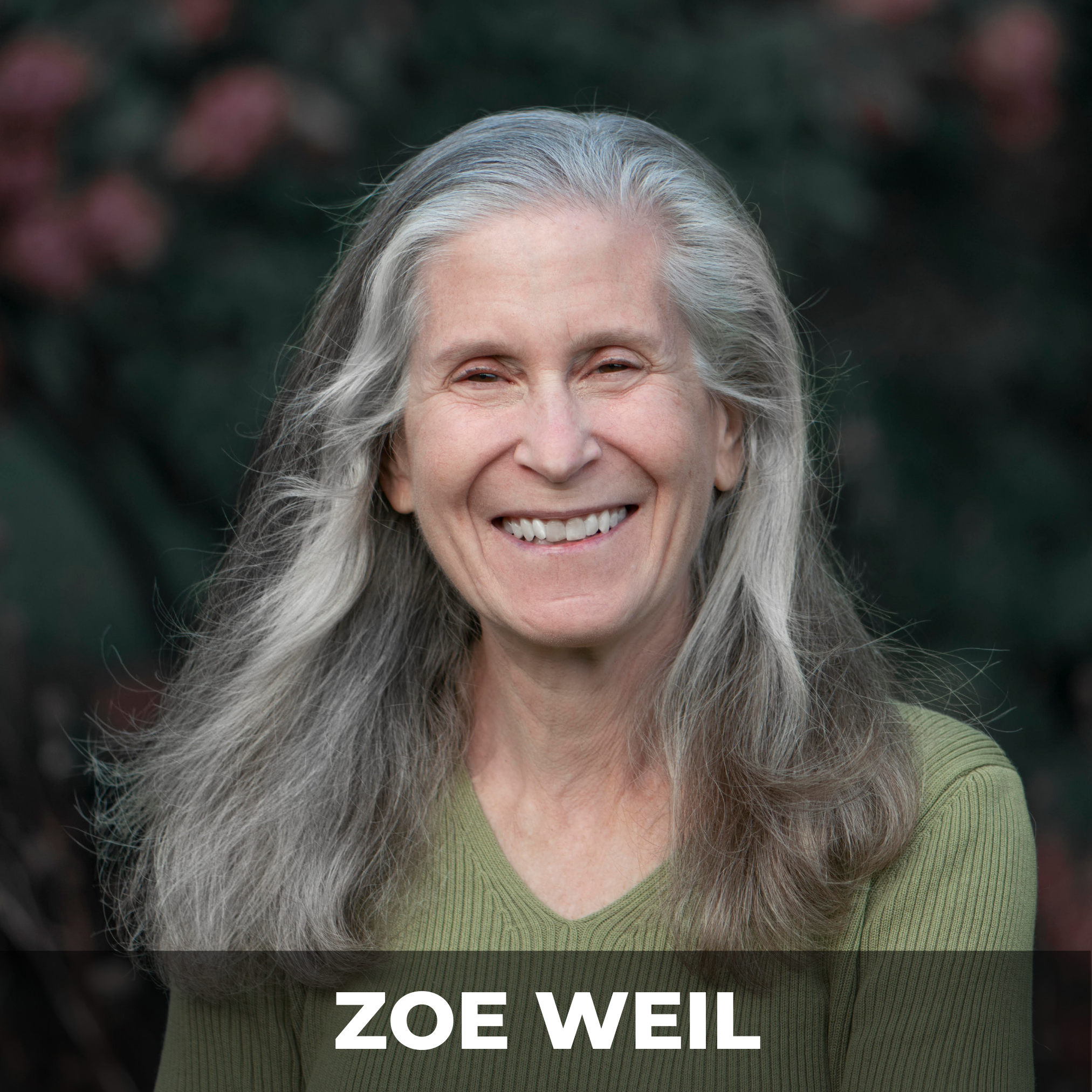
Becoming Solutionaries | Toward an Ethic of Most Good and Least Harm
In this episode, we chat with Zoe Weil, co-founder and president of the Institute for Humane Education, about her pioneering work in the area of comprehensive humane education, an approach to teaching that draws the intimate links between human rights, animal protection, and environmental sustainability.
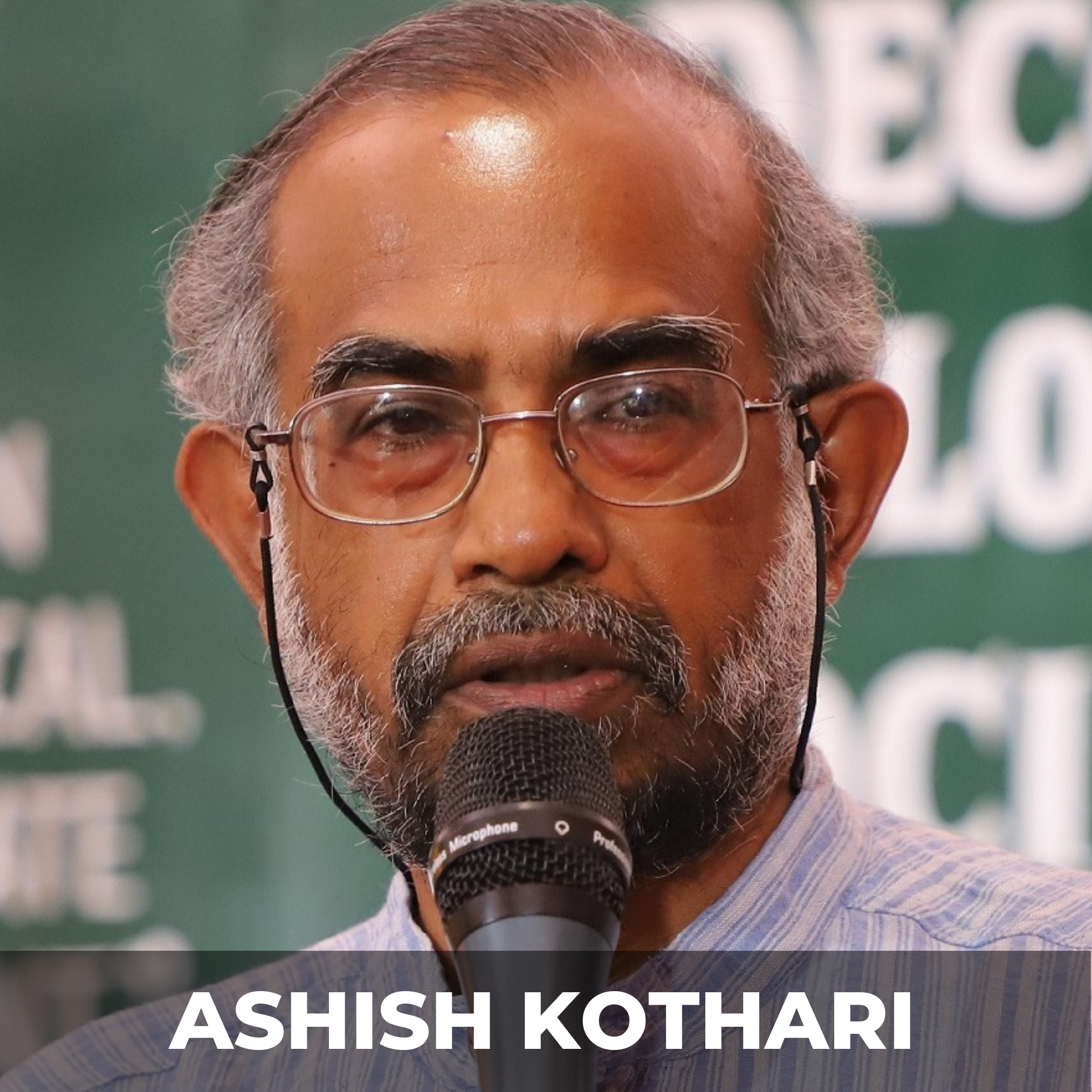
Rising from the Ashes of “Development” | Stories of Radical Ecological Democracy from India and Beyond
In this episode, we explore with environmentalist and author Ashish Kothari how entrenched “development” ideologies have led to both ecological and social destruction in India and globally, and how Ashish works to elevate and connect movements of radical community-led alternatives around the world that harmonize human activities with the planet's needs.
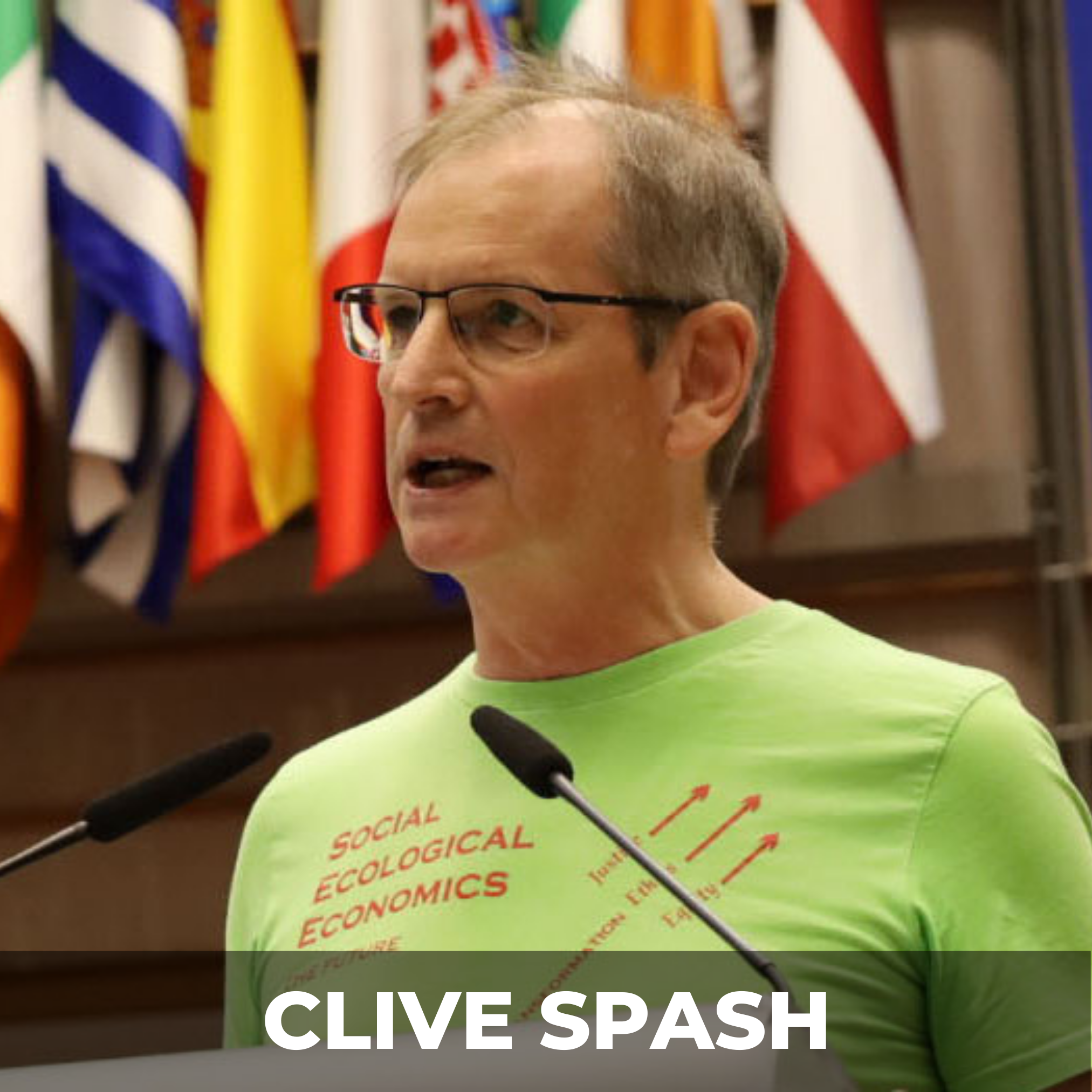
Social Ecological Economics | Radical Transformation towards Social and Ecological Justice
In this episode we speak with Dr. Clive Spash, an economist who is fundamentally challenging conventional economic paradigms through his development of social ecological economics. His work addresses the intersections of human behavior, environmental values, and economic systems - advocating for a radical transformation towards a more socially and ecologically just world.
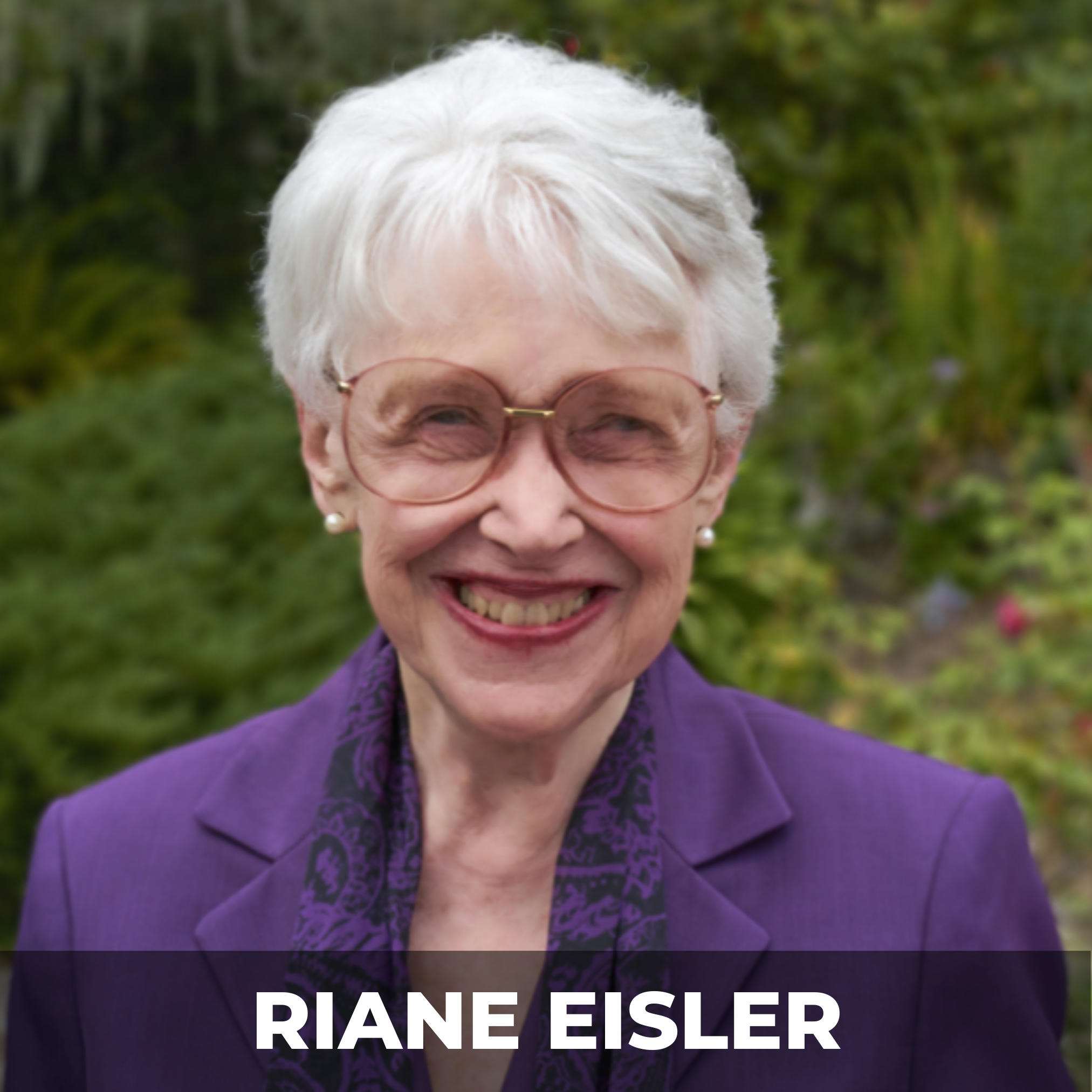
Confronting the Population Taboo: Moving from Dominator to Partnership Societies
In this episode we speak with Riane Eisler, a social systems scientist, futurist, cultural historian, attorney, consultant, speaker, and author of many books, including The Chalice and the Blade and The Real Wealth of Nations, about how to construct a more equitable, sustainable and less violent world based on partnership rather than domination.







